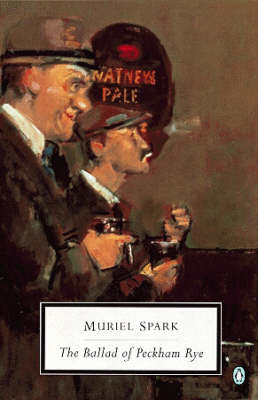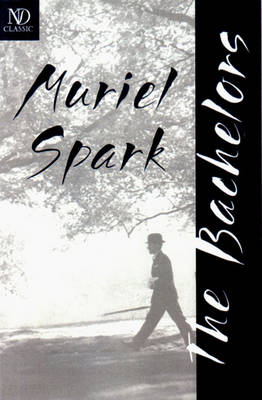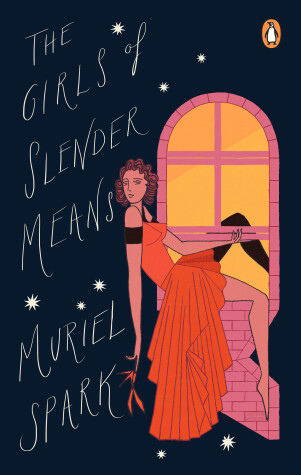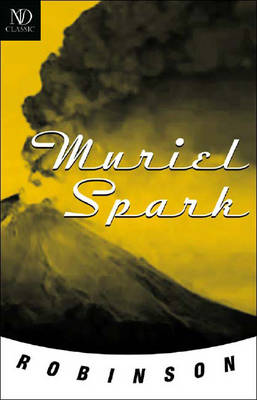New Directions Classic
7 primary works
Book 0
A funny and clever novel about art and reality and the way they imitate each other, from the author of The Prime of Miss Jean Brodie. With an introduction by Mark Lawson.
Would-be novelist Fleur Talbot works for the snooty, irascible Sir Quentin Oliver at the Autobiographical Association, whose members are all at work on their memoirs. When her employer gets his hands on Fleur's novel-in-progress, mayhem ensues as its scenes begin coming true... Spark's inimitable style make this literary joyride thoroughly appealing.
'The most gloriously entertaining novel since The Prime of Miss Jean Brodie.' AN Wilson, Spectator
'I read this book in a delirium of delight ... robust and full-bodied, a wise and mature work, and a brilliantly mischievous one.' New York Times Book Review
Book 0
Book 0
Book 0
Book 0
Book 0
'It never really occurred to her that literary men, if they like women at all, do not want literary women but girls.'
The May of Teck Club 'exists for the Pecuniary Convenience and Social Protection of Ladies of Slender Means below the age of Thirty Years'. Nevertheless, and though there is a war on, they find the time between elocution lessons to jostle one another over suitors (some more suitable than others) and a single Schiaparelli gown. But can a love of literature, fine clothes and amorous young men save these young ladies from the horrors of the real world?
'Unsettling and exhilarating' William Boyd, Daily Telegraph
'An enduring genius' Guardian
Book 0




